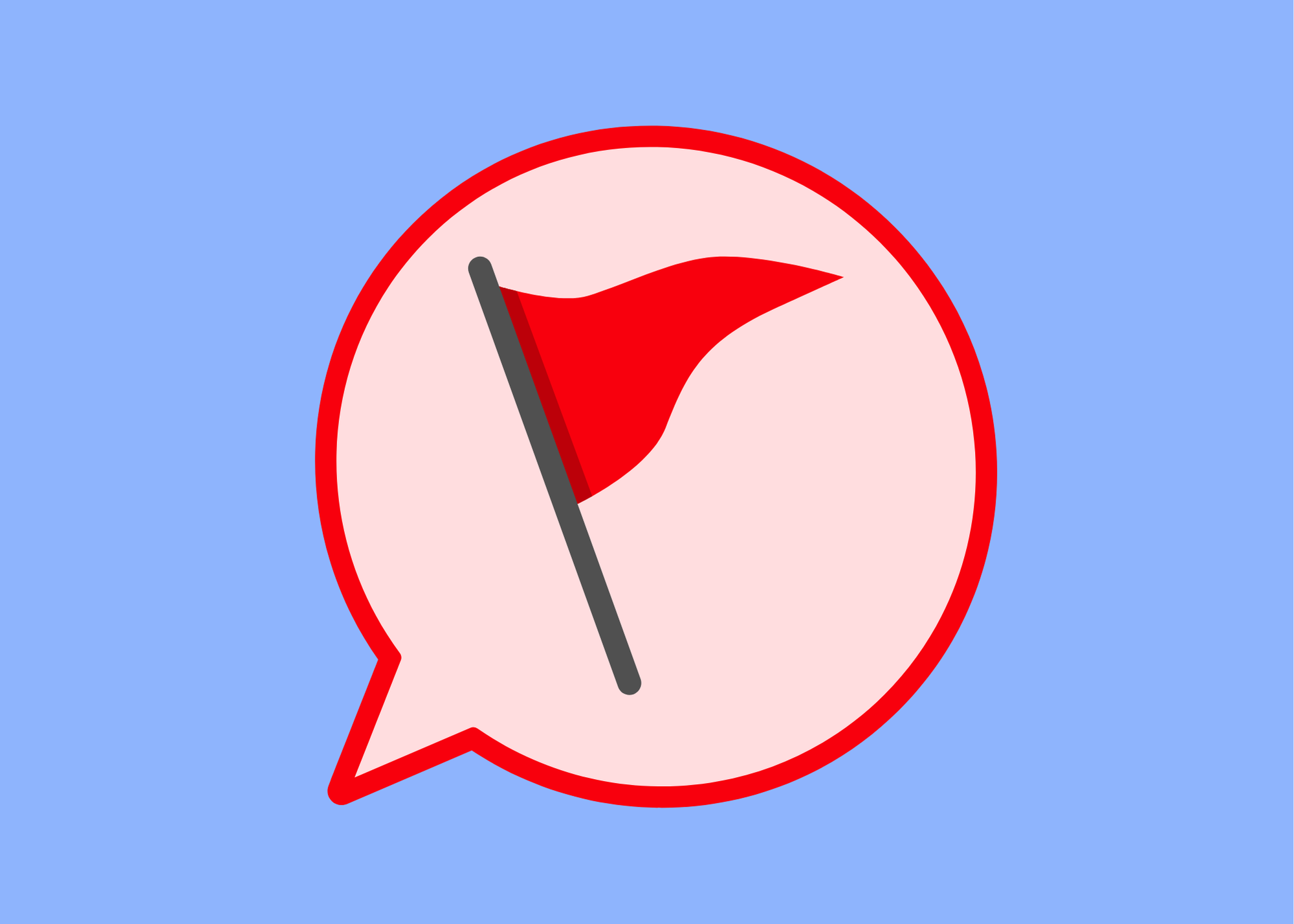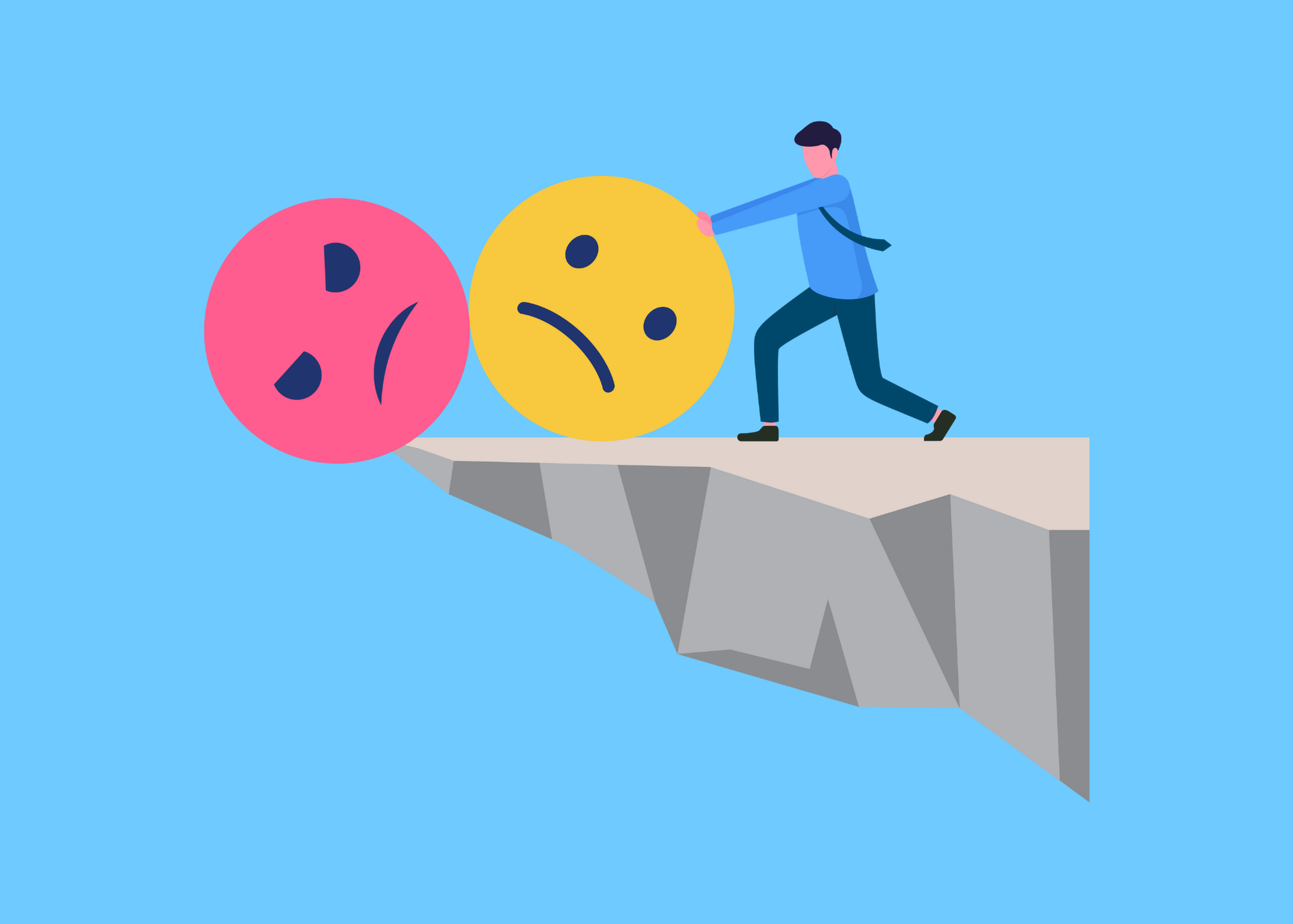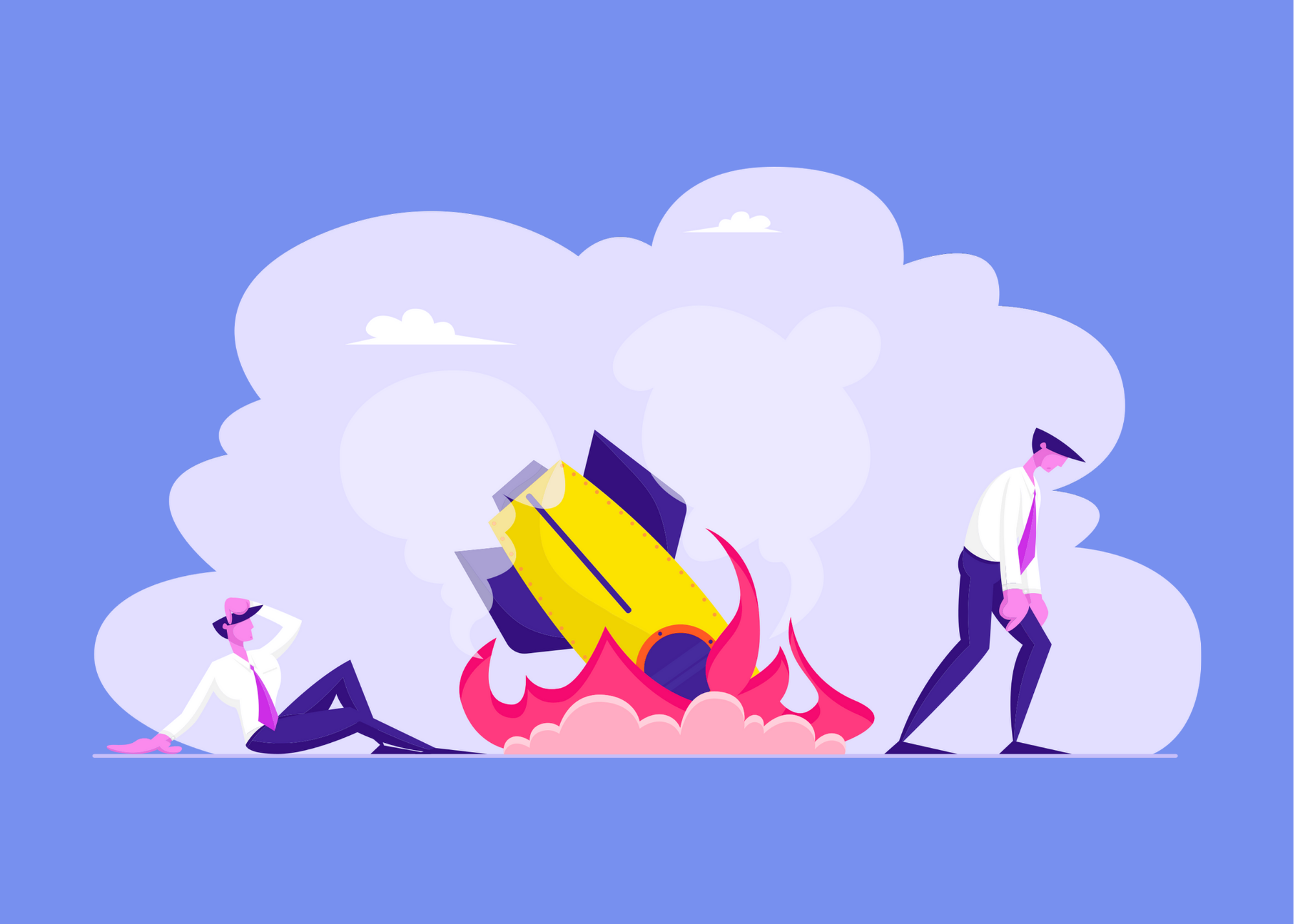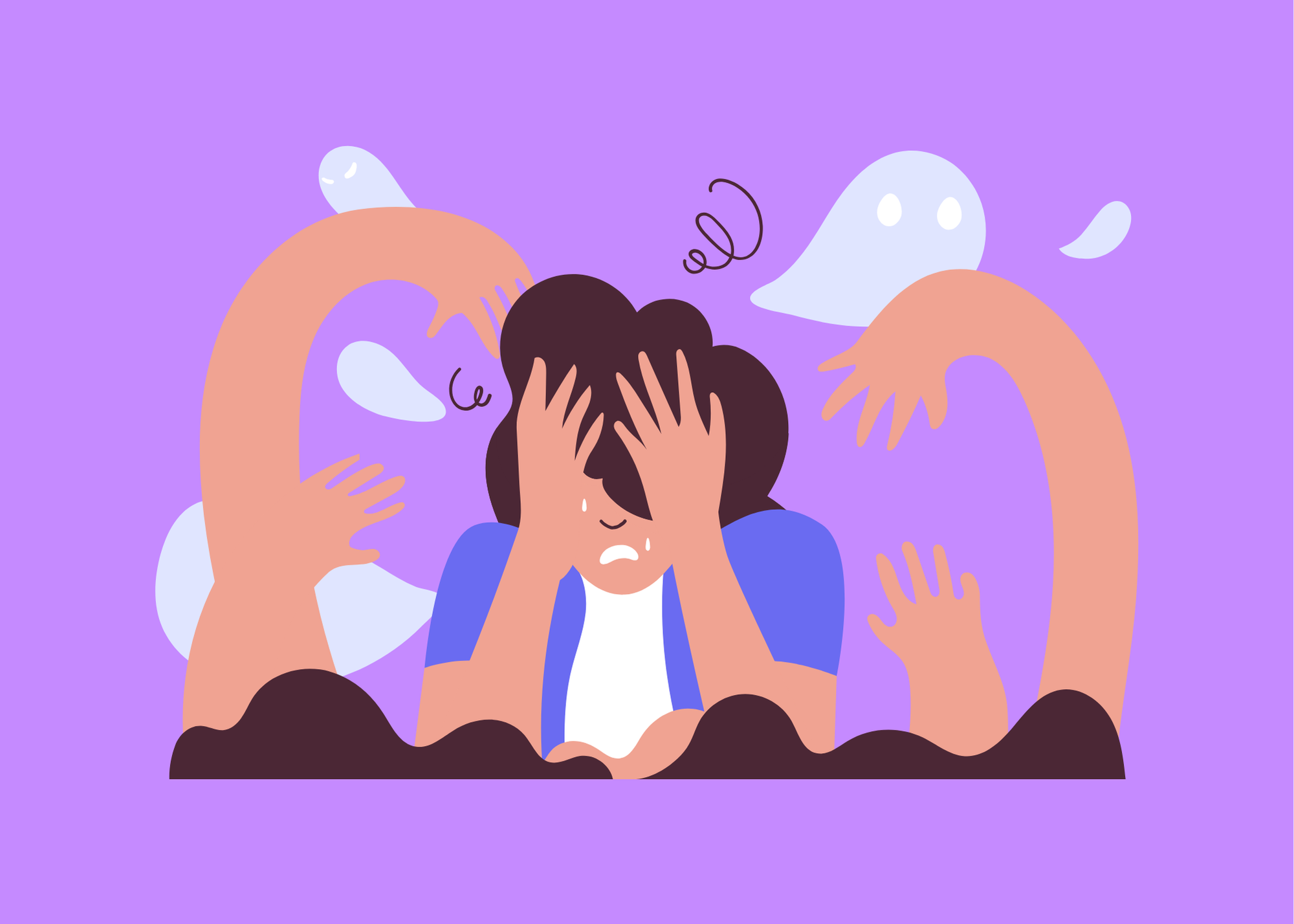Brain Games Aren’t Just for Fun—They’re a Mental Health Strategy
Why high achievers should treat cognitive training like gym time for the brain.
Let’s be honest—your brain is fried.
You’ve been toggling between 17 tabs, fielding emails that read like mini essays, trying to remember if you ate lunch, and wondering why your cortisol levels feel like a tech stock in freefall. Sound familiar?
If you’re a high-achieving, chronically stressed professional, your brain doesn’t just need a break. It needs a strategy. And that’s where brain games come in—not as a guilty pleasure, but as a low-effort, high-return investment in cognitive health and burnout resilience.
Yes, those word puzzles and mental agility apps you sneak in during your train commute or before bed can actually rewire your brain for clarity, calm, and long-term performance. This isn’t woo—it’s neuroscience.
Let’s dig into how brain games can become your next smart health habit.
The Cognitive Health Connection: Why Brain Games Work
Forget the “cute but pointless” reputation. Brain game apps like NYTimes Connections, Wordle, Strands, and cognitive training platforms like Elevate, Peak, and Lumosity are backed by research in neuroplasticity—the brain’s ability to rewire and adapt through targeted stimulation.
🧠 Translation: Your brain is a muscle. Use it or lose it.
These apps target core mental functions—working memory, attention span, verbal fluency, mental math—and offer quick but consistent opportunities for “mental reps.” That means sharper focus, faster problem-solving, and better emotional regulation. Aka: the exact skills that start to tank under chronic stress.
And the best part? They’re easy. You don’t need a silent retreat or a 90-minute mindfulness workshop. You need 5–10 minutes and a smartphone.
Why High Achievers Should Care About Cognitive Fitness
You work out for physical resilience. But when was the last time you trained your brain?
Here’s the deal: cognitive overload is real. Burnout isn’t just exhaustion—it’s executive function breakdown. You forget words mid-sentence. You reread the same Slack message six times. You can’t seem to make basic decisions, let alone lead teams or manage clients.
Brain games serve as structured, enjoyable stress interrupts that allow the mind to reset—no vacation required.
Mental Warmups: A 5-minute puzzle primes your brain for focus.
Dopamine Hits: Small wins in a game release dopamine—your “motivation” molecule.
Mindful Disruption: Games pull you out of autopilot and back into the present.
Cognitive training is one of the few recovery strategies that improves both mental performance and emotional resilience—a win-win when you’re climbing out of burnout or trying to avoid it entirely.
The Deep Health Payoff: How Brain Games Hit All 6 Dimensions
Your brain doesn’t operate in a vacuum. That’s why I coach from a Deep Health model that integrates six dimensions: mental, emotional, physical, social, environmental, and existential health.
Brain games can impact all of them.
Mental Health
Boosts clarity, focus, and memory
Improves cognitive flexibility—your ability to switch tasks and adapt to new challenges
Reduces brain fog and indecision
Emotional Health
Increases emotional regulation via stronger prefrontal cortex activity
Creates a sense of mastery and momentum, even when life feels chaotic
Offers quick wins that combat low motivation and overwhelm
Physical Health
Enhances sleep quality by giving the brain a calming focus before bed
Reduces stress-induced cortisol surges by shifting attention
Supports long-term brain health and slows cognitive decline
Social Health
Creates bonding moments through shared puzzles (hello, Wordle scores in the group chat)
Encourages friendly competition and play—two underrated stress buffers
Environmental Health
Helps you reframe digital time into something restorative, not draining
Encourages mindful tech use vs. doomscrolling
Existential Health
Promotes self-efficacy—you can rebuild, refocus, and recover
Strengthens internal motivation to grow through challenges, not just survive them
Burnout Recovery Starts With Tiny Wins—Brain Games Deliver Them
If you’re crawling out of a burnout hole, the thought of meditation, journaling, or even a workout might feel like too much. Brain games meet you where you are—with low barrier, high reward engagement that builds confidence over time.
Rewiring Cognitive Function
Burnout hijacks executive function. Games like Elevate or Peak train memory, processing speed, and attention—key areas that suffer during chronic stress.
Rebuilding Motivation
Scoring a streak or hitting a personal best (yes, even in Wordle) taps into dopamine reward circuits—reviving motivation and focus that burnout erodes.
Resilience Training in Disguise
Stuck on a puzzle? You’re practicing frustration tolerance, problem-solving, and emotional regulation—essential tools for navigating stress and uncertainty.
These aren’t just games. They’re micro-interventions for cognitive and emotional health. They help you feel more capable and less chaotic—which is exactly what your nervous system is begging for.
How to Actually Use Brain Games (Without Doomscrolling the App Store)
The key to success? Intentional play. Here’s how to make it work:
1. Pick 2–3 Go-To Apps
Try a mix that targets different areas:
Word + Pattern Recognition: Wordle, Strands, Connections
Math + Logic: Elevate, Lumosity, Peak
Speed + Focus: Brainwell, Neuronation
2. Block 5–10 Minutes
Set a time—during your morning coffee, right after lunch, or as part of your wind-down routine. Keep it short and satisfying. These are sprints, not marathons.
3. Track Progress
Many apps include score tracking. Don’t obsess—use it as motivation. Celebrate consistency, not just wins.
4. Treat It Like Meditation
Slow down. Focus. Breathe. The goal isn’t just completion—it’s immersion. You’re training attention, not chasing a high score.
5. Avoid the Scroll Trap
Once your game session is over, close the app. Don’t let productive play morph into TikTok bingeing. Intentional entry, intentional exit.
Frequently Asked: Are These Games Actually Effective?
The short answer? Yes—when used consistently and intentionally.
📚 Studies show that targeted cognitive training improves memory, attention, and executive function—especially when paired with good sleep, movement, and nutrition.
But like with any health tool, effectiveness depends on how you use it. Think: toothbrush, not magic wand. You need regular, deliberate reps to get results.
Also: Not every app is created equal. Avoid flashy gimmicks or unregulated “brain booster” claims. Stick with those supported by research or built by reputable developers like Elevate Labs or NYTimes.
Final Thoughts: Brain Games Are Your Burnout Antidote in Disguise
In a world of endless mental noise and stress, brain games offer something radical: a playful path back to clarity.
They’re not a replacement for sleep, nutrition, or emotional support—but they are an accessible, science-backed tool to:
Improve focus and cognitive stamina
Build emotional resilience under pressure
Interrupt stress spirals before they become full-blown burnout
Reconnect you with a sense of progress and play
So the next time you feel your brain buffering like a broken Zoom call, open Connections or Elevate instead of Instagram. That five-minute puzzle may just be the smartest decision you make all day.
Need Help? Strategy is power—but only if it’s grounded in your actual goals.
Let’s cut the busywork, get aligned, and focus your energy where it counts.
📅 Book a free 20-minute strategy session and let’s build your high-impact plan.
Article References
The sources cited in the article:
American Psychological Association (APA). "Can “brain training” games sharpen your mental skills?” APA - Brain Games
American Psychological Association (APA). “Mind Games: Can brain-training games keep your mind young?” APA - Games
The Harvard Crimson. "The Intellectual Appeal of NYTimes Puzzle Games." The Crimson - NYTimes puzzle games
NYTimes. "Can crosswords and games prevent dementia?” NYTimes - Can crosswords and games prevent dementia?
Harvard Health. "Have you done your crossword puzzle today?" Harvard Health - Have you done your crossword puzzle today?






